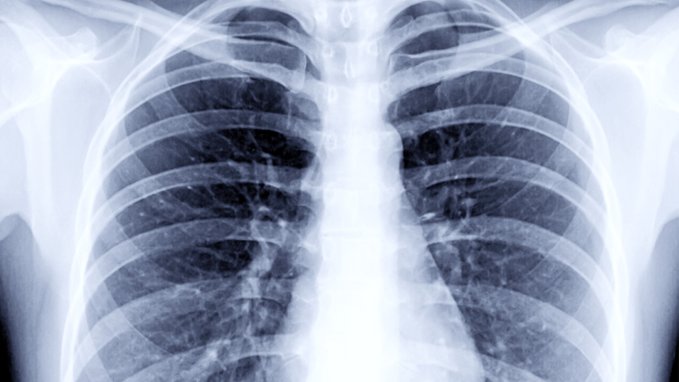COVID-19 Medical Imaging Center Enables AI-Driven Research to Better Understand SARS-CoV-2 Effect on Human Body
By MedImaging International staff writers
Posted on 20 Aug 2020
A new center hosted at the University of Chicago (Chicago, IL, USA) and co-led by the largest medical imaging professional organizations in the US will help tackle the ongoing COVID-19 pandemic by curating a massive database of medical images to help better understand and treat the disease.Posted on 20 Aug 2020
Led by Prof. Maryellen Giger of UChicago Medicine, the Medical Imaging and Data Resource Center (MIDRC) will create an open-source database with medical images from thousands of COVID-19 patients. The center will be funded by a two-year, USD 20 million contract from the National Institute of Biomedical Imaging and Bioengineering at the National Institutes of Health (NIH). Giger will co-lead the center with an executive advisory committee that includes members of the American College of Radiology (ACR), Radiological Society of North America (RSNA), and American Association of Physicists in Medicine (AAPM).

Illustration
Medical images provide important windows into the detection, diagnosis and monitoring of diseases like COVID-19; for example, X-rays or CT scans of the lungs have the potential to help doctors determine the severity of the disease and decide on an optimal treatment course for a patient. But examining individual images is time consuming and difficult for physicians, and automated systems can improve accuracy and speed. For artificial intelligence to accurately analyze any given scan, many thousands of images first must be collected and annotated to train machine-learning algorithms.
By collecting and integrating images and their data via a dynamic, secure networked system, the MIDRC will provide a large-scale, open framework to enable technological advancements; guide researchers’ validation and use of artificial intelligence; and translate clinical systems for the best patient management decisions. Funded under the NIH’s special emergency COVID-19 process, MIDRC proposes to create an open-access platform to collect, annotate, store and share COVID-related medical images to enable effective and efficient clinical task-based distribution, analyses and validations. The MIDRC plans to soon upload more than 10,000 COVID-19 thoracic radiographs and CT scan images via the existing input portals of the RSNA repository and the ACR registry, allowing researchers worldwide to access the images and accompanying clinical data to answer new questions about the disease.
The committee also will oversee 12 research projects in support of solutions to the COVID-19 pandemic, overall providing funding and other resources to investigators at the ACR, RSNA and AAPM, as well as across 20 universities and the Food and Drug Administration. Additionally, the team hopes to expand the center into a resource that would span diseases and disciplines, creating focused medical imaging data commons and machine intelligence pipelines for chronic and other infectious diseases, with the federal contract renewable to USD 50 million over five years.
“We have not sufficiently explored imaging for its role in helping us fight COVID-19, especially in terms of developing machine intelligence tools and systems,” said Giger, the A.N. Pritzker Professor of Radiology. “Through the MIDRC Data Commons Portal, investigators will be able to access images and data to expedite research that will provide solutions to the COVID-19 pandemic. This will speed up the sharing of new research on COVID-19, answering questions about COVID-19 presentation in the lungs, the efficacy of therapies, associations between COVID-19 and other co-morbidities, and monitoring for potential resurgence of the virus.”
Related Links:
University of Chicago













